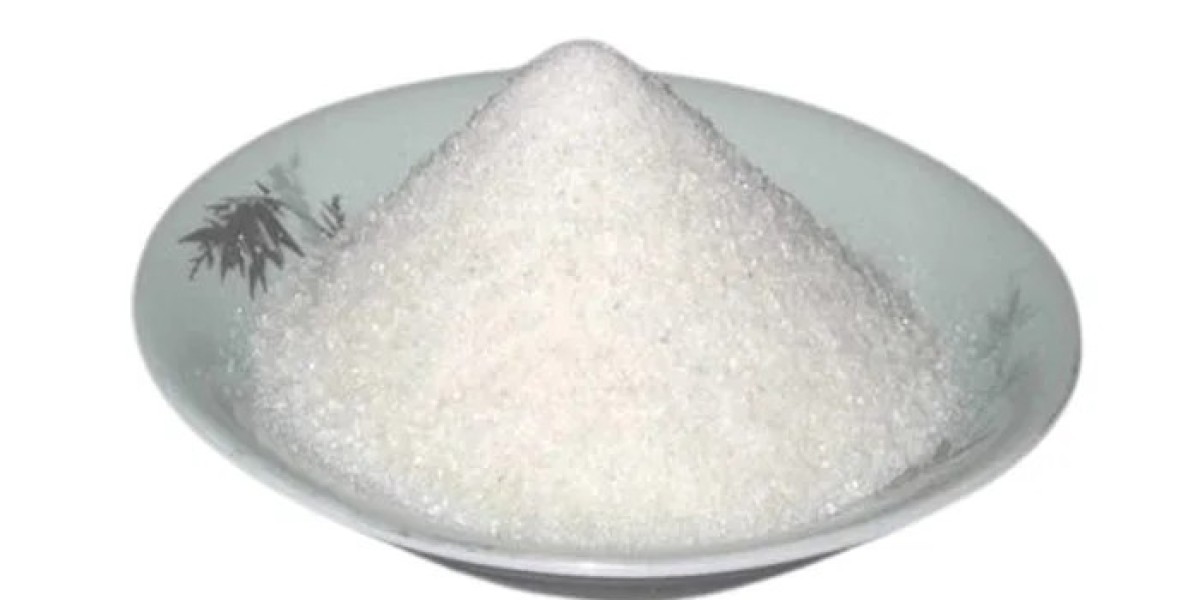Drilling fluid additives are an important part of the drilling process. They are used to enhance the performance of drilling fluids, which are used to lubricate and cool drill bits, remove cuttings from the wellbore, and maintain well pressure. As drilling operations become more complex and demanding, the use of drilling fluid additives becomes increasingly important.

One of the main functions of drilling fluid additives is to improve the lubricity of drilling fluids. It helps reduce friction between the drill bit and the formation being drilled. Friction causes drill bits to wear out faster, resulting in costly downtime and repairs. Lubricant additives help reduce this friction, which can extend drill bit life and increase drilling efficiency.
Another important role of drilling fluid additives is to control the viscosity of drilling fluid. Viscosity is a measure of a fluid's resistance to flow. During drilling operations, it is important to maintain a consistent viscosity to ensure that the drilling fluid can effectively carry cuttings out of the wellbore. Additives such as polymers and clays can be used to increase the viscosity of drilling fluids, while other additives such as surfactants can be used to reduce the viscosity of drilling fluids.
Another important role of drilling fluid additives is to control the filtration performance of drilling fluid. Filtration is the process by which drilling fluids penetrate the formation and deposit solids, such as clay particles, on the well walls. This can lead to reduced formation permeability and can lead to problems such as stuck pipes and lost circulation.
Drilling fluid additives can also be used to control the pH of drilling fluids. Maintaining proper pH is important because it affects the solubility of minerals in the formation being drilled. Additives such as caustic soda or lime can be used to raise the pH of the drilling fluid, while acids can be used to lower the pH.
Another important function of drilling fluid additives is to prevent the formation of gas hydrates. Natural gas hydrates are solid, ice-like compounds that form when natural gas comes into contact with water at high pressure and low temperatures. They can plug wellbores and cause serious problems for drilling operations. Additives such as methanol or ethylene glycol can be added to the drilling fluid to prevent the formation of gas hydrates.
Drilling fluid additives are also used to prevent corrosion in drilling equipment. Corrosion occurs when drilling fluids come into contact with metal surfaces. Additives such as corrosion inhibitors can be added to the drilling fluid to prevent this from happening.
Finally, drilling fluid additives can be used to improve the environmental performance of drilling operations. Additives such as biodegradable surfactants or plant-based lubricants can be used to reduce the environmental impact of drilling fluids.
In recent years, the use of drilling fluid additives has become increasingly important due to the increasing complexity of drilling operations and the need to improve drilling efficiency and safety. As drilling technology continues to evolve, the role of drilling fluid additives in ensuring the success of drilling operations will become even more important.
https://www.scdbwhb.com/What-are-the-functions-of-drilling-fluid-additives.html








